Professional Skills Training
Scope
The Professional Skills Training of the GS-EES aims at additional skills that are not directly related to electrochemical energy storage, but which are essential for scientists and engineers during their doctorate and in preparation for their future career in science or industry.
A certain total number of credits is mandatory including a minimum for the categories “Good Scientific Practice / Research Ethics” and “Equal Opportunities / Diversity / Mentorship”. Besides that, the Professional Skills Training can be tailored individually to the needs and interests of every GS-EES member.
The Professional Skills Training of the GS-EES is organised in the four categories “Communication”, “Management”, “Good Scientific Practice / Research Ethics” and “Equal Opportunities / Diversity / Mentorship”.

Communication
Communication is a major task in science and relevant for all doctoral researchers since research results are rather useless if they are not known by others. Communicating in science ranges from writing articles in scientific journals, presenting talks and posters at conferences or meetings to informing the public and at least a PhD thesis has eventually to be written by everyone.
Courses in this category include academic writing, preparing posters and presentation slides as well as voice training to name a few.
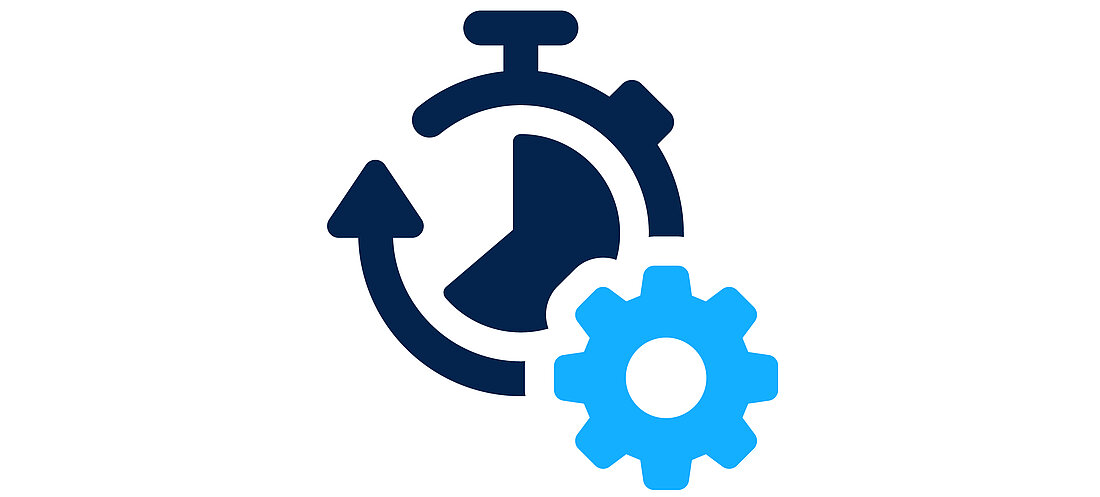
Management
A PhD thesis can be considered as a project and many third party funded research activities are organized as projects as well. In addition, many doctoral researchers have more tasks than just doing their own research, e.g. they are supervising the research of bachelor and master students. Thus, management skills are useful already during the doctorate.
Management skills often become even more important for the future career in academia and especially in industry.
Courses in this category range from time- and self-management to project management.
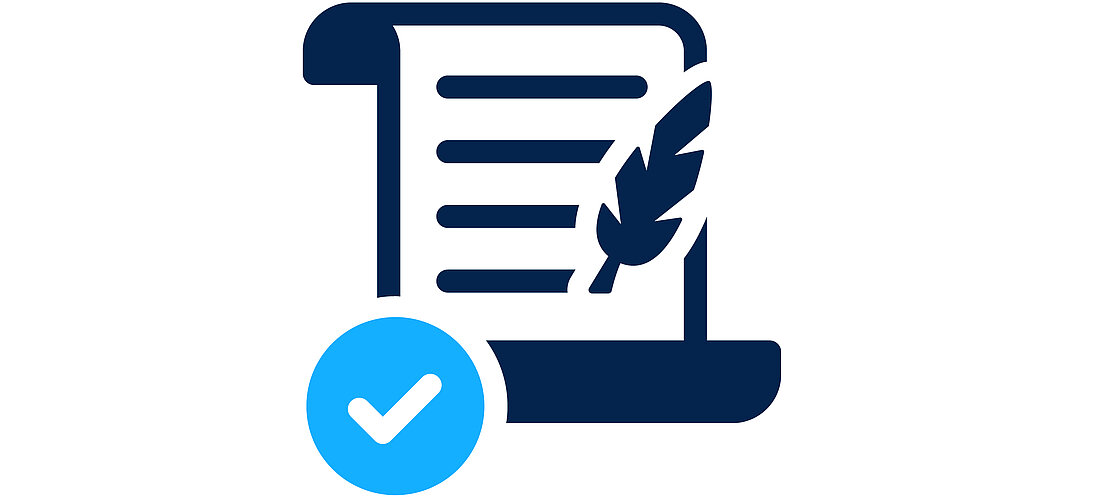
Good Scientific Practice / Research Ethics
Obeying the rules of Good Scientific Practice is an absolute must for each scientist. But what exactly are those rules, what are the responsibilities of a doctoral researcher, which conflicts can one encounter during a doctorate and how should one react when noticing violations of those rules? Answers to these and other related questions can be found in Good Scientific Practice / Research Ethics courses.
Research Data Management
Another important issue to perform reliable research is Research Data Management (RDM). Thus, RDM courses are also categorized as Good Scientific Practice in the GS-EES Qualification Program. Teaching of RDM in the GS-EES goes beyond the aim to comply with guidelines for safeguarding good research practice. In close collaboration with the RDM activities of the Cluster of Excellence POLiS we also seek to unlock additional scientific value through systematic data handling and widespread data reuse across our research community. We offer workshops instructing how to make best use of Kadi4Mat, which is developed at KIT and integrates an electronic lab notebook (ELN), a robust repository, and advanced data analysis tools.
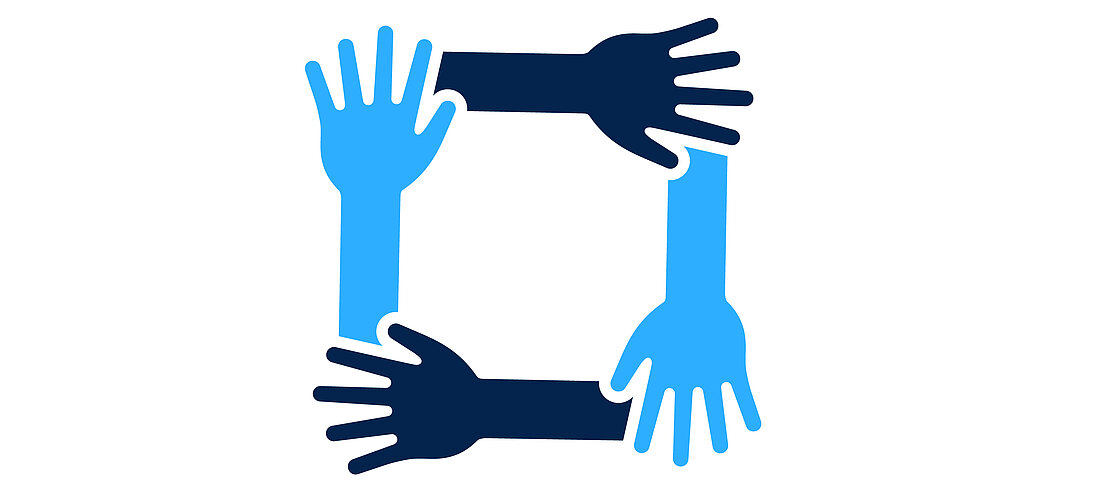
Equal Opportunities / Diversity / Mentorship
The group of doctoral researchers is diverse in terms of gender, social and cultural background, nationality, etc.. Courses in the category Equal Opportunities / Diversity / Mentorship aim at supporting and empowering each individual doctoral researcher during their doctorate and to prepare steps for the future career. In addition, we aim at improving the collaboration between the diverse group of scientists.
Courses include intercultural trainings, workshops on unconscious biases, workshops on career planning and application processes and more.
To emphasize the importance of this category, the GS-EES Qualification Program demands to gather a minimum of 1 credit point.
How & where to find courses
The GS-EES offers specific workshops covering all categories of the Professional Skills Training. A focus is on those categories which require mandatory credits, i.e. Good Scientific Practice / Research Ethics and Equal Opportunities / Diversity / Mentorship.
In addition, a broad variety of courses is offered by the respective institutions of our home universities responsible for supporting and promoting young researchers. These are
- the Graduate & Professional Training Center (ProTrainU) at Ulm University
- the Karlsruhe House of Young Scientists (KHYS) at Karlsruhe Institute of Technology (KIT)
- the Giessen Graduate Center for Natural Sciences and Psychology (GGN) at Justus Liebig University Giessen (JLU)
Participation in such courses is credited towards the GS-EES Qualification Program.
Workshop offerings of our home universities
Upcoming workshops
Communication (academic writing, presenting, etc.)



Scientific Writing. What Makes a Good Paper and How to Write It (Two-day)



Scientific Writing. Improving Your Scientific Writing Skills in English (Two-day)
Management
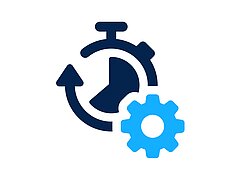


Getting Started. Managing Your Dissertation Project Successfully (Two-day)



Getting Started. Managing your Dissertation Project Successfully (Two-day)
Good Scientific Practice

Online Seminar Good Research Practice (incl. Generative AI) (Two-day)
Research Data Management
Workshop "Introduction to Research Data Management"
The responsible and far-sighted handling of digital research data is becoming increasingly important. Management, storage, exchange and access to large amounts of data, including the corresponding metadata, is challenging.
In this workshop, researchers learn in a first block basic skills to handle their research data safely and sustainably. Ways to publish and re-use research data are discussed. The new “Guidelines for Safeguarding Good Research Practice”, published by the DFG, are addressed in the context of research data.
In a second block, the functionalities of the data exchange and analysis platform Kadi4Mat will be discussed on the basis of the Kadi4Mat web interface. Using examples, the researchers learn how to collaboratively work on a common description of research data and how to document, manage and share their own research data.
There are several workshops on RDM offered throughout the year. Please refer to the Upcoming Events section for upcoming workshops.
Due to the significance of Research Data Management in POLiS, participation in RDM workshops is mandatory for all doctoral researchers funded by POLiS!
0.5 CPs within "Good scientific practice / Research ethics" will be accounted for the participation.
Workshop "Advanced Research Data Management: Kadi-apy and Workflows"
Automated data processing allows data sets to be processed in a faster, more reliable, and reproducible manner, making a significant contribution to the generation of FAIR research data. In this workshop, participants will learn how to use command line tools for automated data processing.
In a first step the basic concept of Kadi4Mat is reviewed. In a next step, the software package kadi-apy is introduced, with which it is possible to communicate with the Kadi4Mat database via its programmatic interface. Possibilities to import and to export data will be discussed. In addition, the concept of workflows is explained using examples and exercises for the participants.
There are several workshops on Advanced Research Data Management offered throughout the year. Please refer to the Upcoming Events section for upcoming workshops.
0.5 CPs within "Good scientific practice / Research ethics" will be accounted for the participation in combination with the completion and submission of an exercise with an own data set.
Equal Opportunities / Diversity / Mentorship
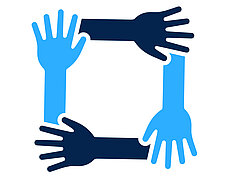

Kollegialer Austausch zu überfachlichen Herausforderungen während der Promotion



Job Focus: From Research to Profession for Doctoral Researchers and Postdocs


Self-Management in your PhD-Process: Strengthening Resilience & Self-Care

